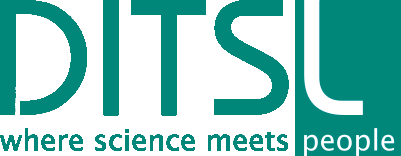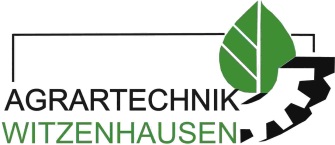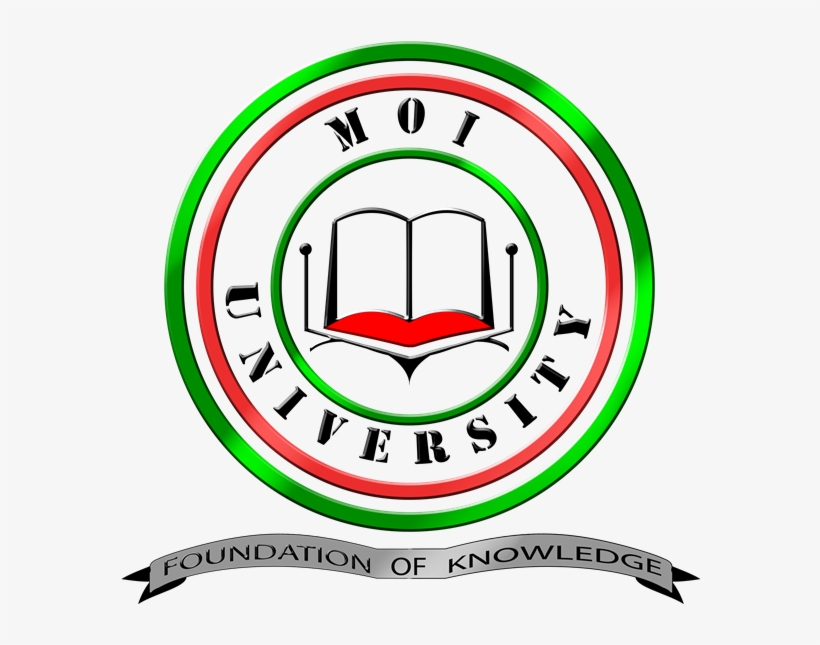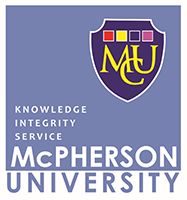In the frame of the Volkswagen Foundation initiative, “Knowledge for Tomorrow – Cooperative Research Projects in Sub-Saharan Africa: Livelihood Management, Reforms and Processes of Structural Change”
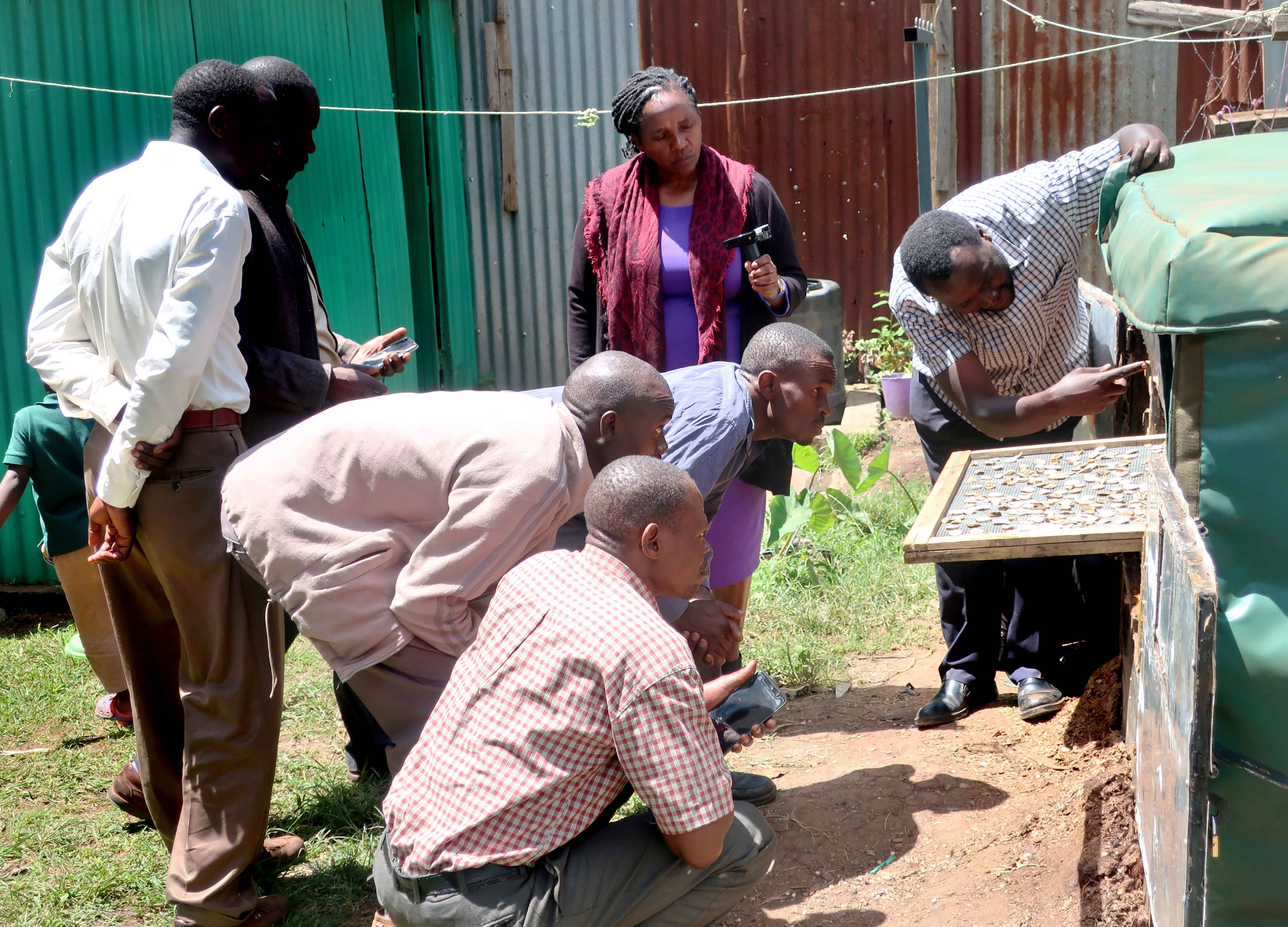
Assessing the new drying system with different Jua Kali artisans (Photo by M. Lelea, Kenya, 2019)
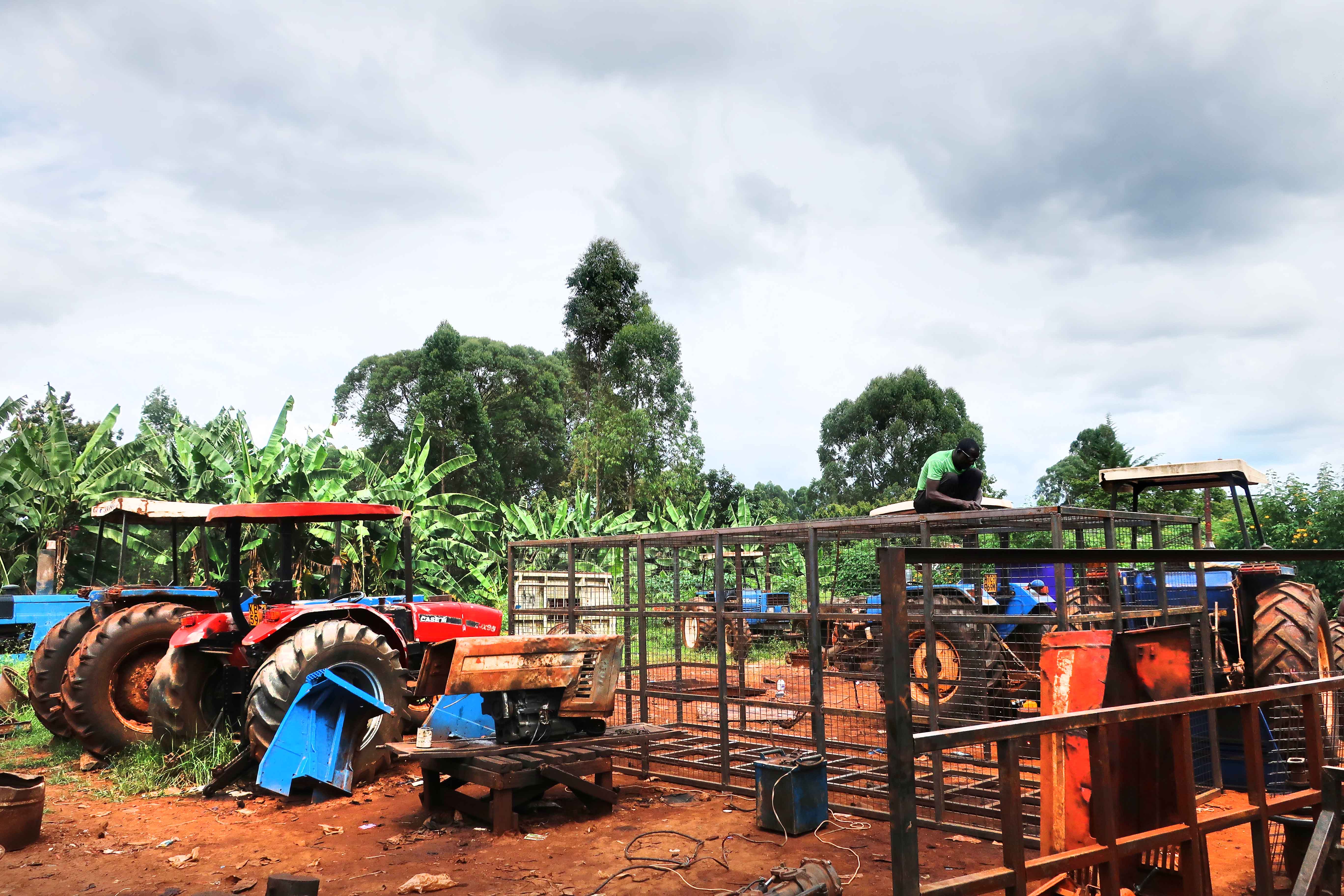
A Jua Kali metal worker welding part of the larger maize drying system (Photo by M. Lelea, Kenya, 2019)
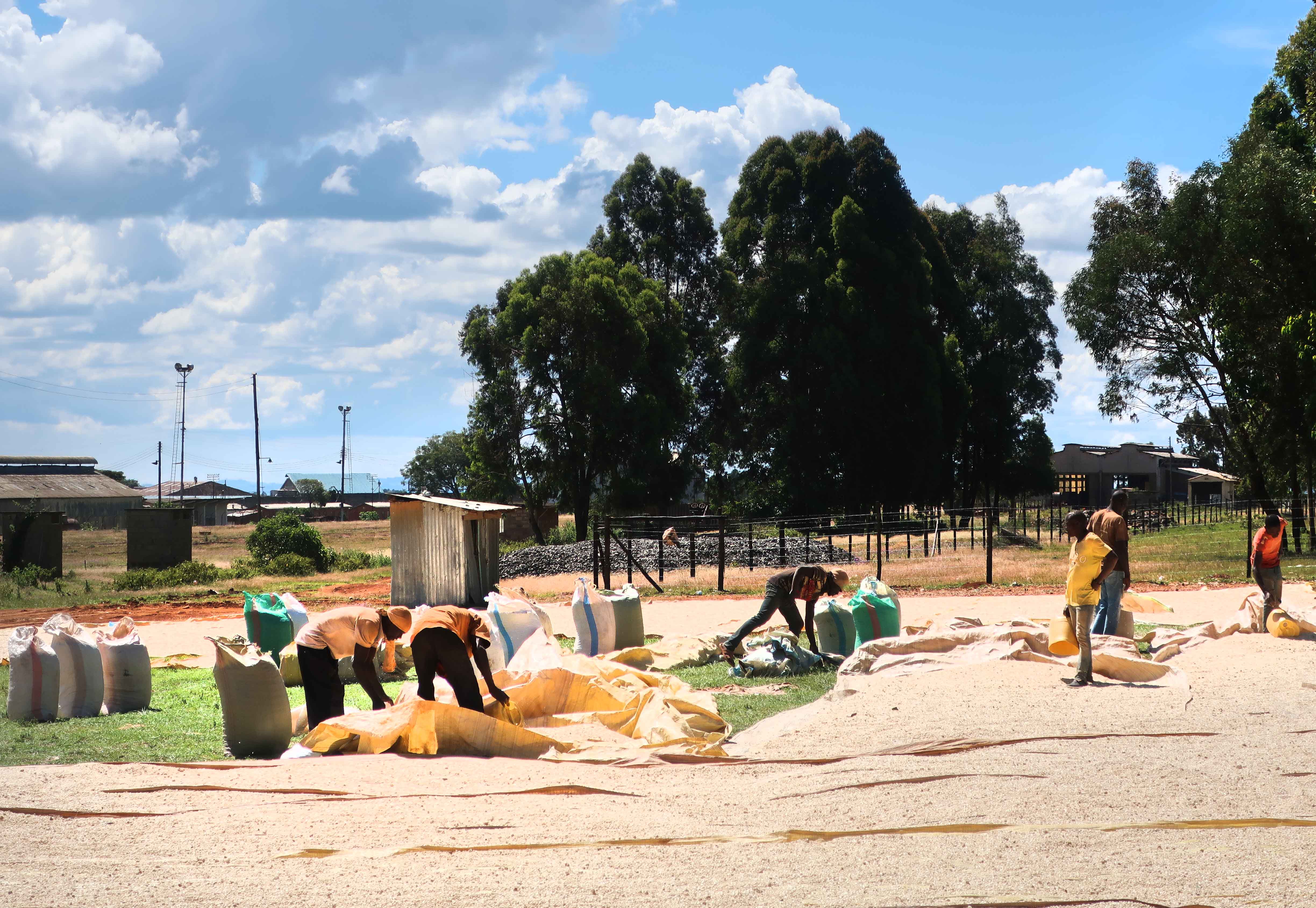
Traders organizing sun-drying in urban Eldoret (Photo by M. Lelea, Kenya, 2019)
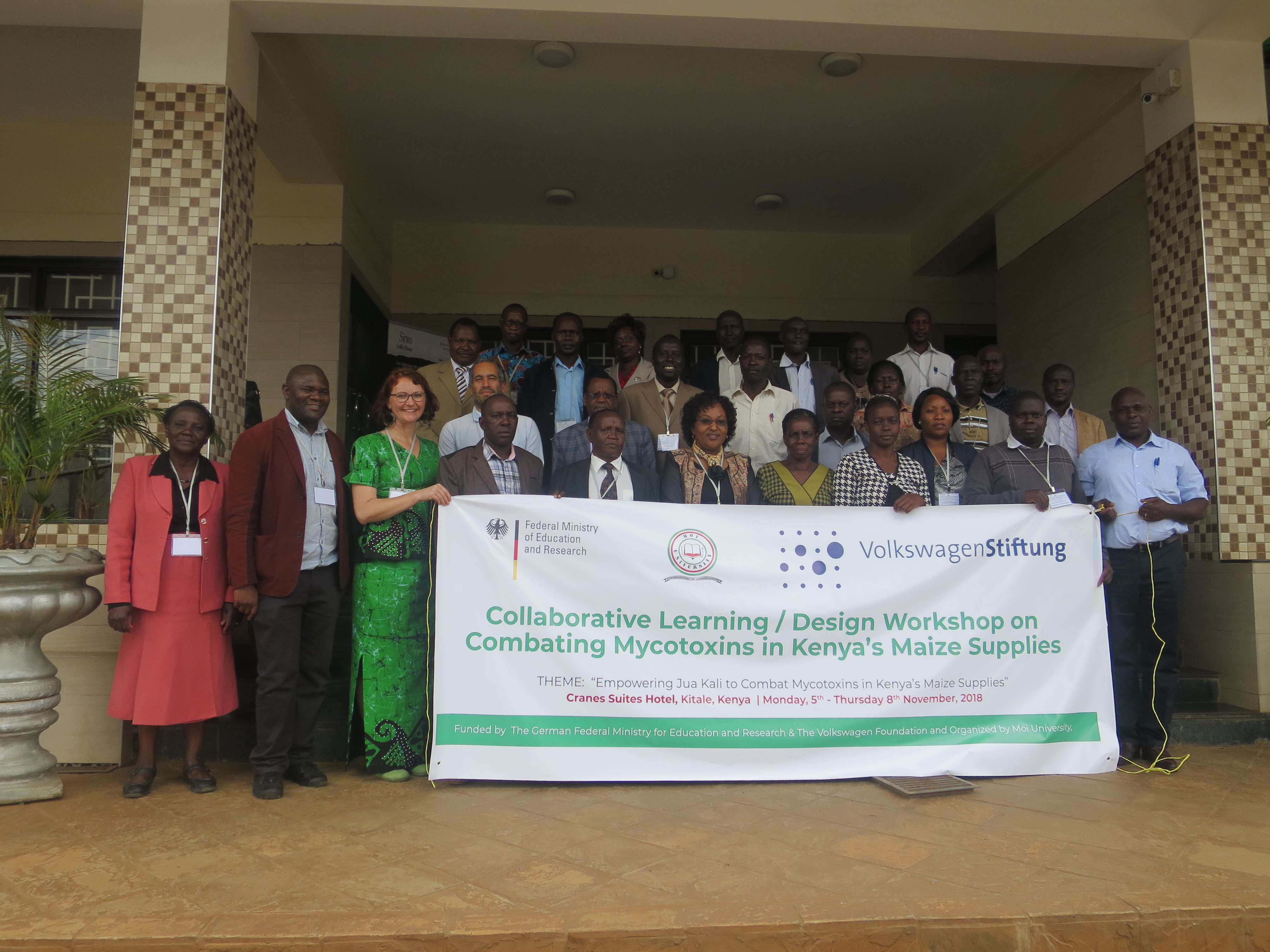
Multi-stakeholder Collaborative Learning Workshop in Kitale (Kenya, 2018)
Kenya is overburdened by the high prevalence of mycotoxins that contaminate foods. In November 2019, five major brands of ugali corn meal were recalled from the market for exceeding aflatoxin thresholds. Degraded maize quality negatively impacts the health of Kenyans and maize losses (up to 30% at the farmer level) accumulate along the value chain and threaten livelihoods of already impoverished communities. Despite global efforts to address the crisis, many solutions introduced rely on technological imports to the detriment of local microenterprises, specifically to those involved in manufacturing – such as the Jua Kali artisanal workers in Kenya. As sustainable livelihood management requires the integration of local competencies and resources into proposed interventions, this proposed project focuses on a participatory approach to mycotoxin reduction by involving Jua Kali. The focus of this project is to design technologies that can be used on smallholder farms and produced by the Kenyan Jua Kali sector. Using a participatory design approach to technology innovation, societal stakeholders will be brought into a knowledge creation process together with engineers, microbiologists and social scientists, that will seek to:- expose and contextualise existing barriers to innovation and entrepreneurship; appraise local (on-farm) postharvest technologies with regard to their potential to mitigate mycotoxins; co-design and prototype selected on-farm technologies for mitigating mycotoxins and evaluate strategic linkages to accelerate their adoption and commercialisation through the Jua Kali sector. Participatory design approaches are useful not just for realising user-centred products, but also building competencies and capacity to develop “home-grown” solutions. The success of this approach could inform other technological research initiatives in Africa, beyond just mycotoxin reduction as envisaged in this project.
Coordination:
Dr. Isaiah Muchilwa, Department of Mechanical, Production and Energy Engineering, Moi University, Kenya
Social Sciences Post-Doc – Germany
|
Dr. Margareta Amy Lelea – DITSL, Germany
|
 |
Research assistants and Master’s students
Mrs. Catherine Ndiso – Social Sciences research assistance in Kenya
Mr. Mwape Chikonkolo Mwewa – MSc student, Engineering, Moi University, Kenya
Mrs. Lorah Maritim – MSc student, Social Sciences, Moi University, Kenya
Mr. Samwel Melly – MSc student, Engineering, Moi University, Kenya
Mrs. Felicia Ndungu – MSc student, Social Sciences, Moi University, Kenya
In collaboration with:
| Prof. Dr. Oliver Hensel, Agricultural and Biosystems Engineering, University of Kassel, Witzenhausen |
|
| Prof. Peter Omboto, Department of Quantitative and Entrepreneurship Studies, Moi University, Kenya |
|
| Dr. Joseph Kudadam Korese, Department of Mechanisation and Irrigation Technology, Institute for Development Studies, Nyankpala Campus, Ghana |
|
| Prof. Olusegun O. Atanda, McPherson University, Ibadan,Nigeria |
|
